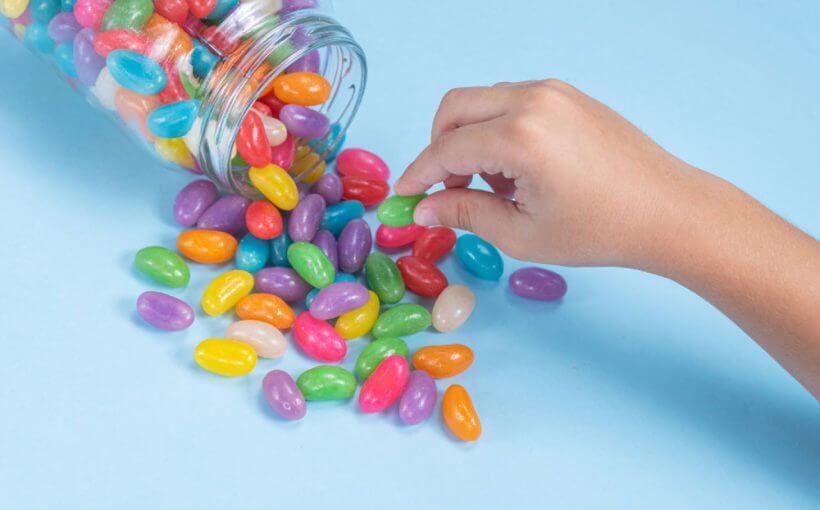 I was goofing around on eBay the other day when I noticed bags of white chocolate and rice M&Ms selling for $10 a pop plus shipping.
I was goofing around on eBay the other day when I noticed bags of white chocolate and rice M&Ms selling for $10 a pop plus shipping.
I’ve been out of the loop on candy and frankly didn’t know that M&Ms now comes in strange, limited-edition flavors.
Nor did I know that anyone would pay $10 for a bag of candies weighing less than half a pound.
Naturally curious, I went over to Amazon and found this particular type of M&M sold out months ago.
Next, I went to CamelCamelCamel to find out what price they sold at when they were available, and it was a steady $10.98 with no fluctuations.
Again, I was shocked anyone would pay prices like this for inferior (in my opinion) chocolate, but here’s where I became briefly stumped…
How were people buying bags of these candies months ago, holding on to them and then selling them at a 98cent loss?
They weren’t. In many countries you can find discount grocery stores that sell the items regular grocery stores can’t sell. Maybe a candy is seasonal, and once the holiday passes, the candy is either sold at a massive discount to the consumer or sold in bulk to these discount stores.
People buy the stuff and then sell it on eBay when it’s no longer available on Amazon.
It’s a lousy way to get rich unless you can figure out how to get massive volume. For example, cut out the discount grocery store and buy directly from the regular stores. Then hang on to your inventory until it’s sold out everywhere else.
But if you have a young son or daughter, this might be an excellent way to teach them about building a business of their own.
First, they need to invest in a small amount of inventory. Next, they learn how to make a listing and how to write the description in a way that makes the customer want to buy.
Then they learn about inventory fulfillment, packing the items and shipping them off.
Finally, they learn there are business expenses that are deducted from the money made, and what’s left over is profit that can be reinvested to make even more money.
If you start your kid out young enough, this side business can help to pay for college as well as providing them with a wealth of real-world business experience.
You might even get them to write up a manual on how they’re running their business, which they can then sell as a book or course to other kids who want to learn how to do the same thing.
And they’re not limited to candy, either. Anything that can be purchased in person and then sold at a markup will work, whether it comes from regular stores, thrift stores, garage sales and so forth.
You might even ‘hire’ your child to sell things for you around the house, paying them a commission on profit earned.
